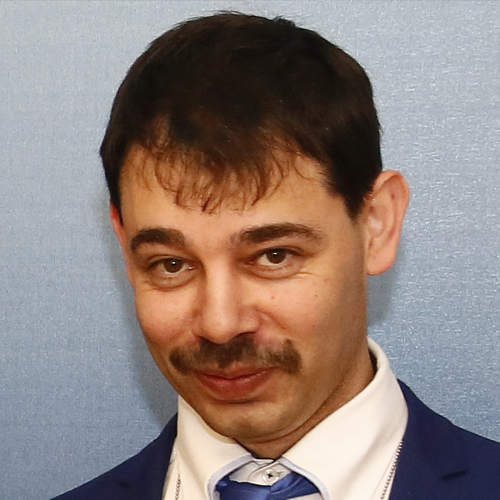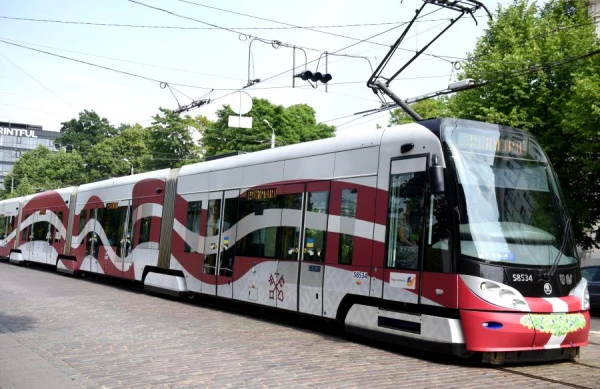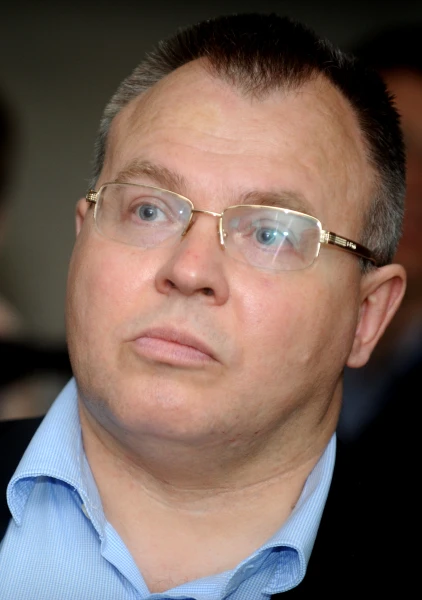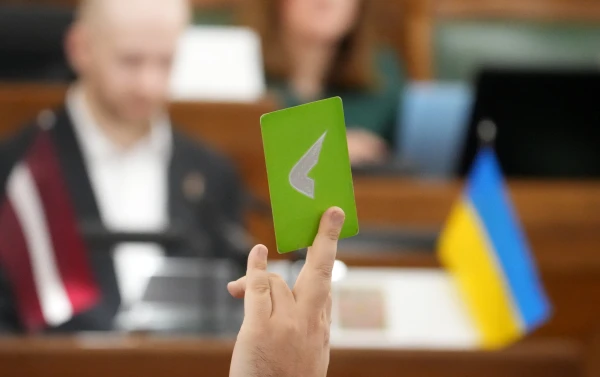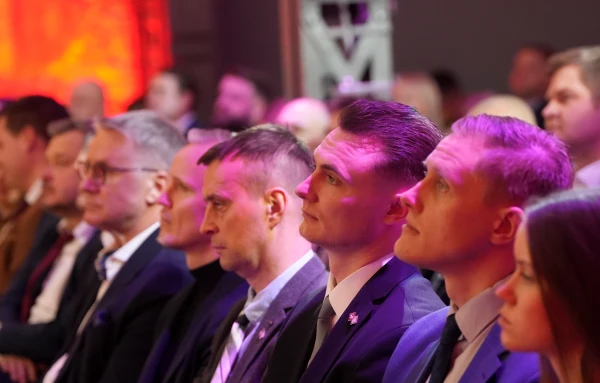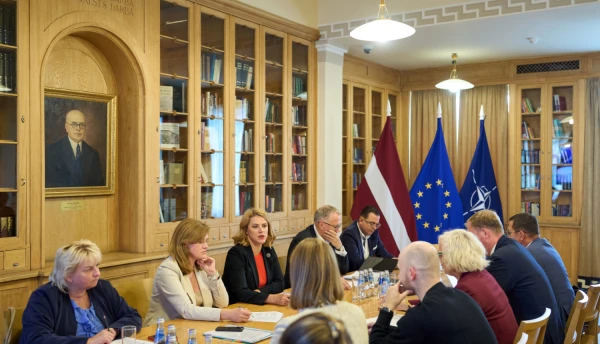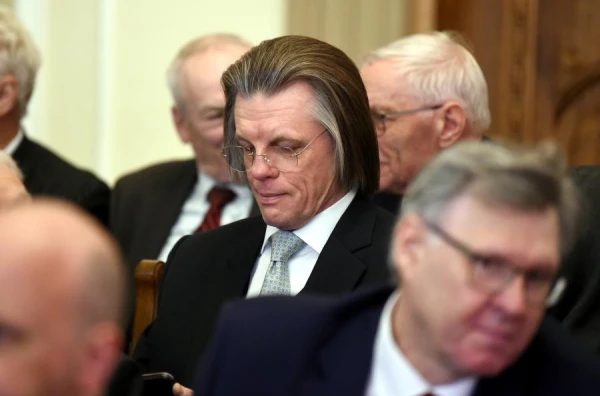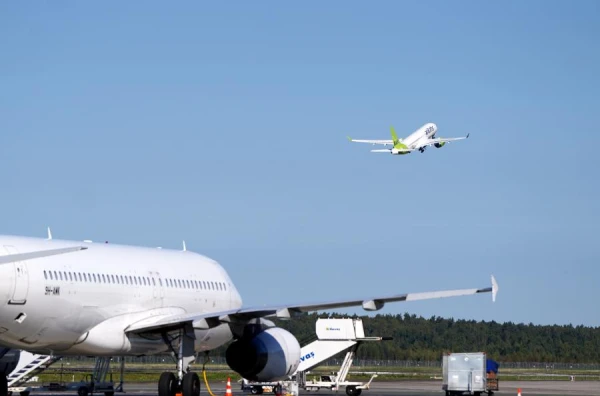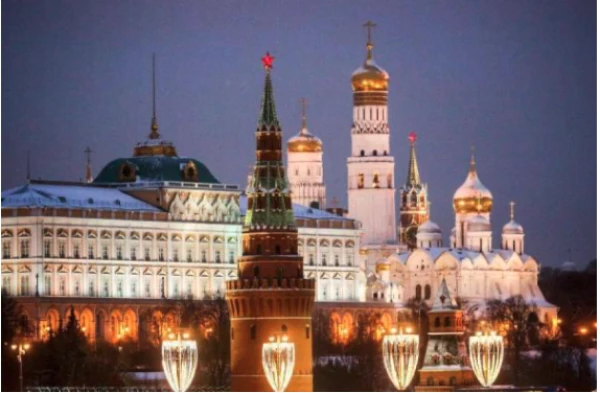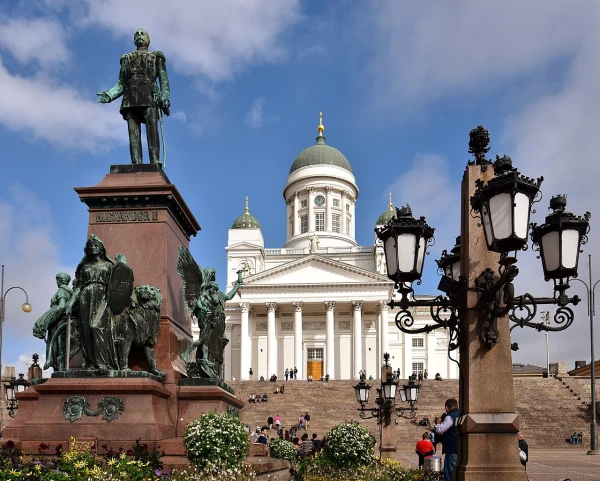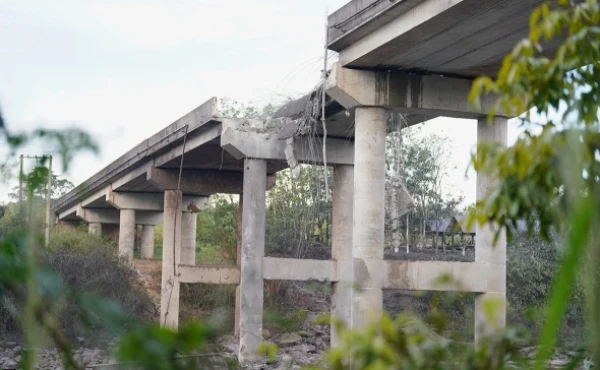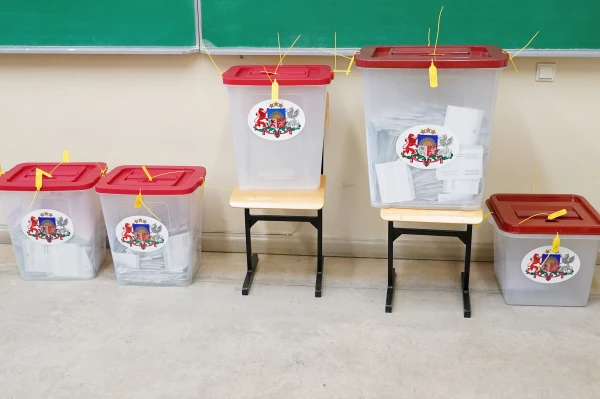
'New Unity' is wavering between liberals and conservatives...
All three ruling parties have chosen a somewhat unique tactic: to adopt the 2026 budget, meaning they do not want to push the matter to a government crisis, but at the same time, they continue to publicly argue and settle scores. This already resembles a family where the husband and wife find common ground on 'basic issues' (the family budget), but argue every day about all other aspects of family life. Today, the leader of the 'Progressives', Andris Šuvajevs, criticized Prime Minister Evika Siliņa ('New Unity') for her and her party 'falling for the provocations' of the Union of Greens and Farmers and calling for the development of a new, strict migration policy at the EU level. The disappointment of the 'Progressives' with the 'behavior' of 'New Unity' is understandable - first, representatives of Siliņa's party supported the consideration of the Declaration against Violence as an alternative to the Istanbul Convention, and now they have effectively aligned themselves with the 'green farmers' call for a strict migration policy.
It is clear that the 'Progressives' want to show their voters their readiness to defend 'leftist' ideals. But 'New Unity' can no longer sit on two chairs - being 'a little bit' liberal and 'a little bit' conservative. The leaders of 'New Unity' understand that if they completely yield to the 'Progressives', they may find themselves in opposition as early as January, sitting alongside the same 'Progressives' until the elections. The reality is that so-called conservative forces make up the majority in the Saeima, and 'New Unity' has no reason to constantly support the 'Progressives', who constitute an absolute minority in parliament - especially on issues that, to put it diplomatically, concern gender policy. If 'New Unity' wants to remain in power in the event of Siliņa's government falling, they will need to distance themselves more and more from the 'Progressives' in the remaining two months until the new year. Moreover, the voters of 'New Unity' certainly hold a position on migration policy that is closer to that of the National Alliance, for example.
In any case, the opposition in the Saeima does not really need to do anything - opposition politicians can grab some popcorn, sit back, and watch as the ruling politicians argue with each other daily, call ministers 'to the carpet', and 'expose' their partners in power.
